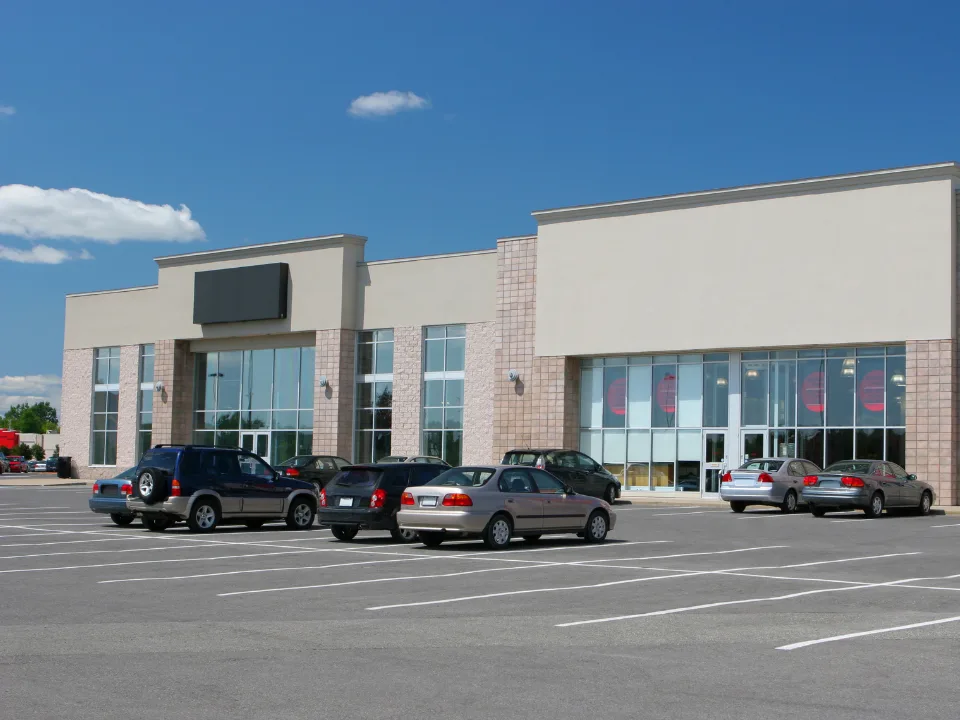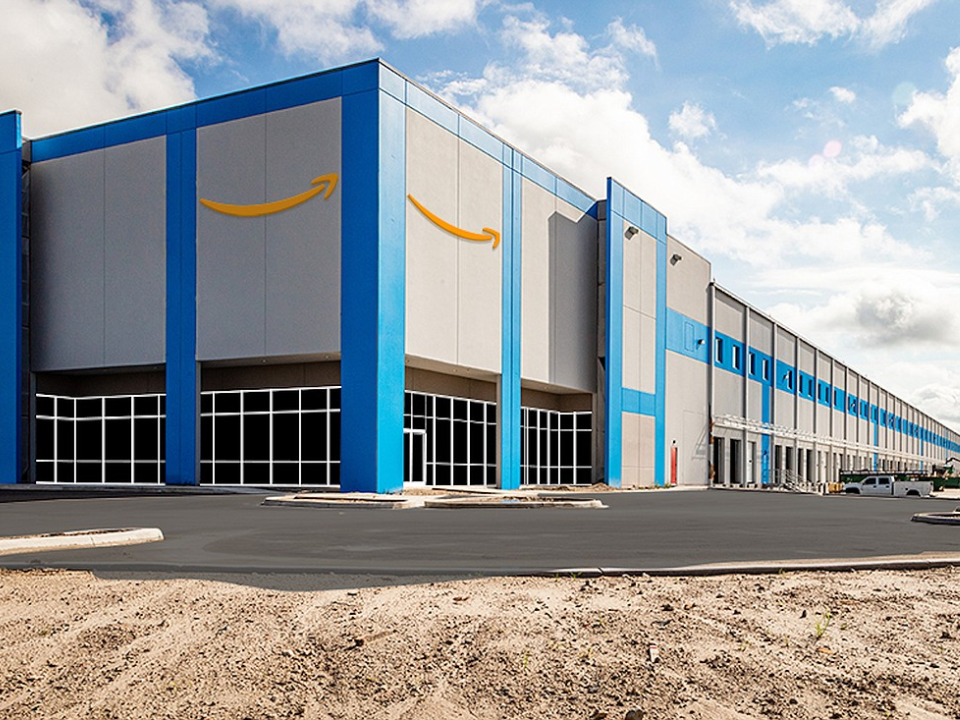- Amazon signed six new industrial leases in Q1, each greater than 1MSF.
- Logistics and warehousing automation trends drive extended lease terms for tech-equipped warehouses.
- Anticipated labor disputes at key ports may prompt further strategic warehouse relocations.
According to CoStar, Amazon (AMZN) has already leased millions of square feet of industrial space in the U.S. West during the first quarter alone.
Automation Nation
To be specific, Amazon has signed at least six leases of greater than 1MSF this year, which matches its signings for spaces of that size across all of 2023. The last quarter in which Amazon signed this many industrial leases was in 1Q22.
The recent leases, mostly in the U.S. West, align with the e-commerce king’s focus on integrating advanced robotics and sorting technologies for even more efficient operations. By securing larger spaces with modern features, Amazon aims to optimize its distribution network through automation.
Bigger is Better
Amazon has also put 938KSF up for sublease this year and listed 1.7MSF for direct lease. Over 100 Amazon spaces have been listed for sublease or direct lease since 2022. Notably, only one of those spaces is over 1MSF, revealing the company’s increasing preference for larger warehouse spaces and industrial facilities.
Arizona is a great example of this latest trend: In March, Amazon signed three 10-year leases for 1–1.2MSF each in the Phoenix West Valley area. Meanwhile, they listed two spaces in Tolleson, AZ, between 222–348KSF.
Potential Labor Strife
Amazon’s recent expansions in Southern California and Arizona may serve as preemptive measures to mitigate risks posed by labor unrest at East Coast ports, diversifying the company’s warehouse capacity towards the more stable West Coast.
The upcoming expiration of the International Longshoremen’s Association labor contract raises concerns about potential labor disputes and supply chain disruptions at major East and Gulf Coast ports.
While the West Coast’s International Longshore and Warehouse Union settled a labor contract, ensuring stability until 2028, potential strikes on the East Coast could impact Amazon’s nationwide distribution network efficiency.
Why It Matters
Industry experts note a trend towards automation in distribution centers nationwide, driving tenants to seek extended lease terms to justify investments in facility modernization.
Through massive lease negotiations in prominent industrial metros like Phoenix and Southern California’s Inland Empire, Amazon signals a strategic shift to consolidating and optimizing its distribution network for future growth.
By closing less efficient facilities and focusing on larger, more modern sites, the e-commerce giant aims to enhance operational efficiencies, streamline logistics, and future-proof its distribution network.

















